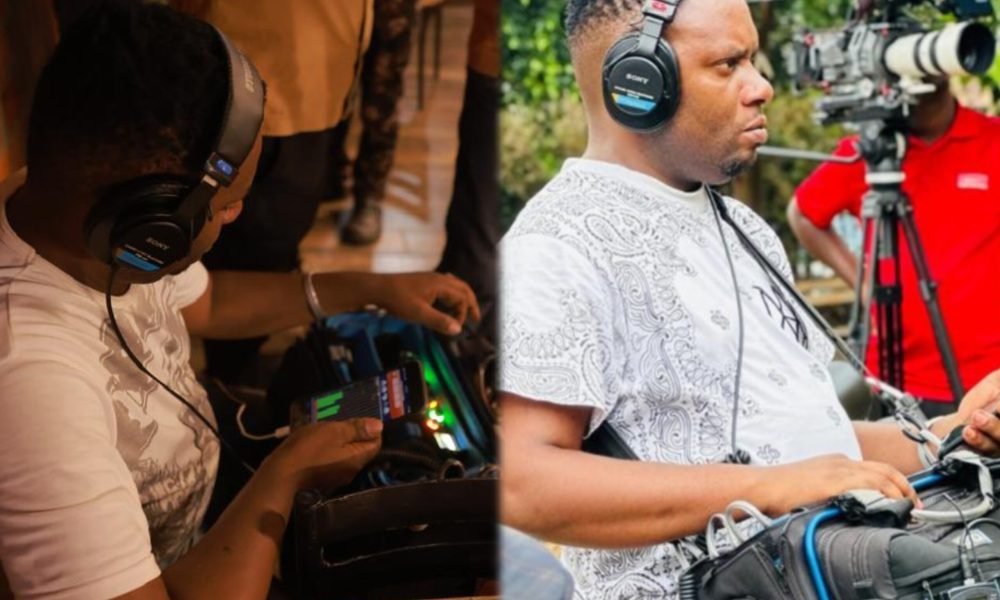The international film community is expressing profound concern and outrage following the recent assault and detention of Palestinian filmmaker Hamdan Ballal, co-director of the Oscar-winning documentary No Other Land. This incident has intensified global discussions on artistic freedom, human rights, and the perils faced by filmmakers in conflict zones.
Incident Details
On March 24, 2025, as villagers in Susya, located in the Masafer Yatta area of the occupied West Bank, were breaking their Ramadan fast, a group of approximately 10 to 20 masked Israeli settlers, armed with sticks and stones, attacked the community. Ballal, who was documenting the assault near his home, was targeted, beaten, and sustained injuries to his head and stomach. His vehicle was also vandalized, with windows shattered and tires slashed.
Following the assault, Israeli soldiers detained Ballal, handcuffed and blindfolded him, and transported him to a military base. He was held overnight under harsh conditions, including exposure to cold temperatures without adequate medical care. Ballal was released the following day, on March 25, 2025, without formal charges. His detention and the circumstances of his arrest sparked international condemnation.
Global Response and Support
The attack on Ballal has elicited widespread condemnation:
European Film Academy: Issued a statement calling for Ballal’s immediate release and emphasizing the importance of protecting artists worldwide.
Academy of Motion Picture Arts and Sciences: Initially criticized for a vague response, the Academy faced backlash from over 500 members who signed an open letter demanding explicit support for Ballal. Subsequently, the Academy issued an apology, condemning the violence and acknowledging the need to support artists facing persecution.
Human Rights Organizations: Various groups have highlighted this incident as part of a broader pattern of intimidation against Palestinian artists and activists, calling for international intervention to ensure their safety and freedom of expression.

Ballal’s Release and Current Situation
Following his release on March 25, Ballal has been recovering from his injuries and has reunited with his family. His legal team and supporters continue to push for accountability regarding the attack and the lack of charges against those who assaulted him. Human rights groups argue that the failure to arrest the settlers responsible for the attack highlights systemic issues in the treatment of Palestinians in the occupied West Bank.
Ballal has yet to make a public statement since his release, but his colleagues and co-directors from No Other Land have spoken out, emphasizing the need for greater protections for filmmakers working in conflict zones. Meanwhile, Palestinian activists and international organizations are using this incident to further highlight the dangers faced by journalists and artists documenting human rights violations.
Film’s Impact and Reception
No Other Land, co-directed by Ballal, Yuval Abraham, Rachel Szor, and Basel Adra, documents the struggles of Palestinians in Masafer Yatta amid forced displacements and systemic challenges under occupation. The film received critical acclaim, winning the Best Documentary Feature at the 97th Academy Awards in March 2025. Despite its success, the documentary has faced distribution challenges, particularly in the United States, where it has yet to secure a distributor.
Ongoing Concerns
Ballal’s assault and detention underscore the escalating risks faced by filmmakers addressing politically sensitive subjects. Residents of Susya have reported increased settler violence following the film’s Oscar win, suggesting retaliatory motives. This incident raises pressing questions about the safety of artists in conflict zones and the international community’s role in safeguarding freedom of expression.
As global attention focuses on this case, advocates continue to call for measures to protect artists and ensure that creative expression remains a tool for highlighting truth and fostering understanding, even in the most challenging circumstances.








